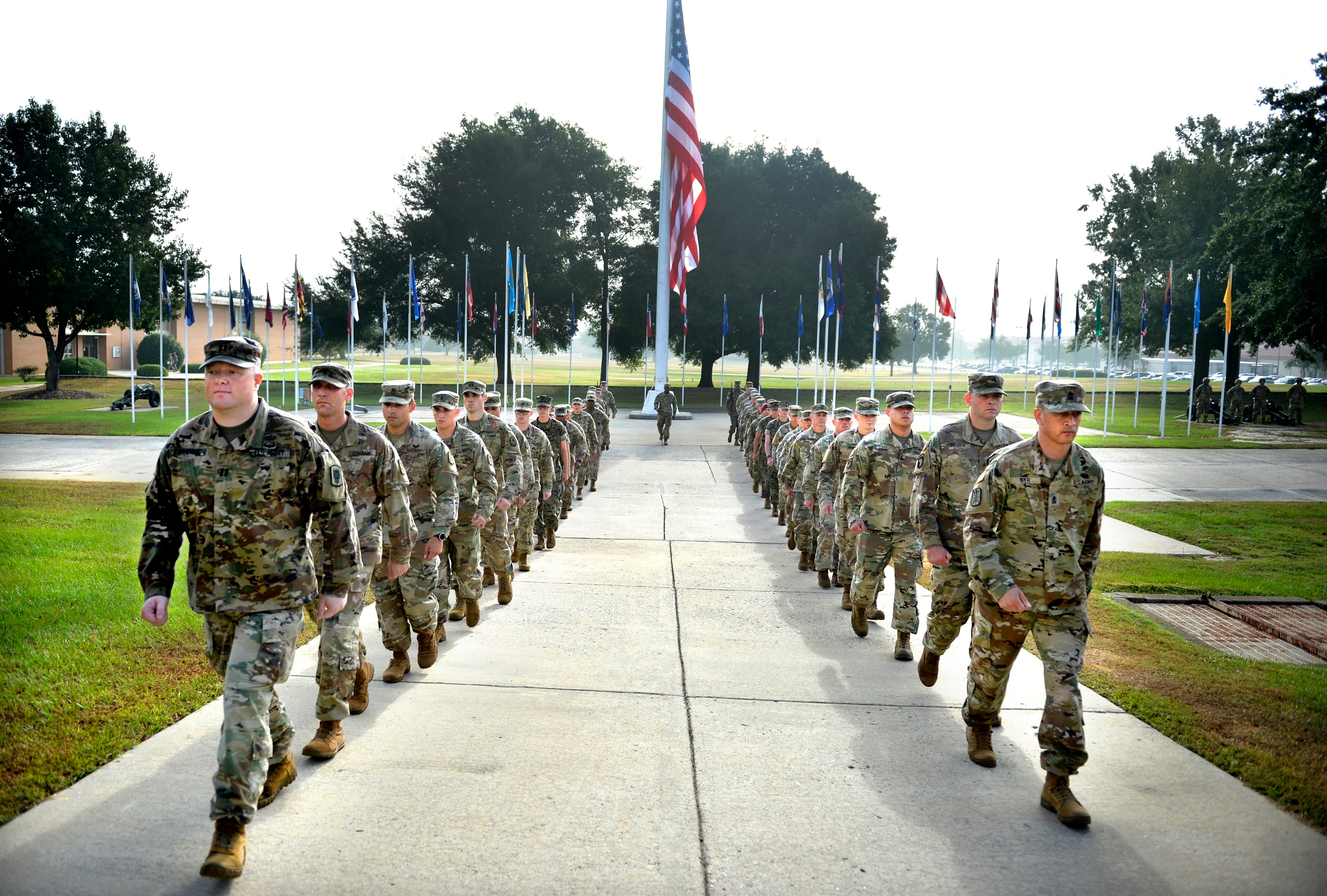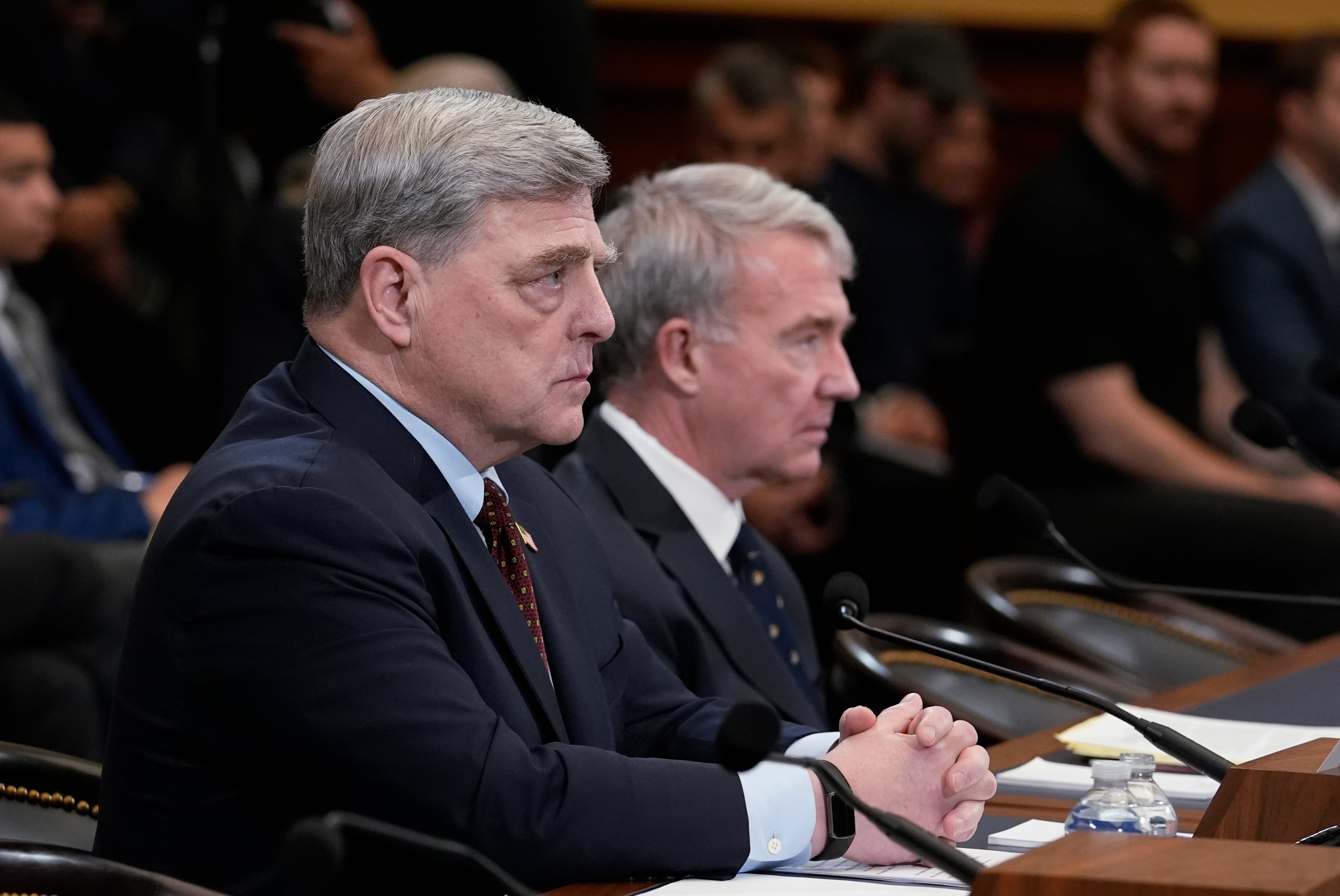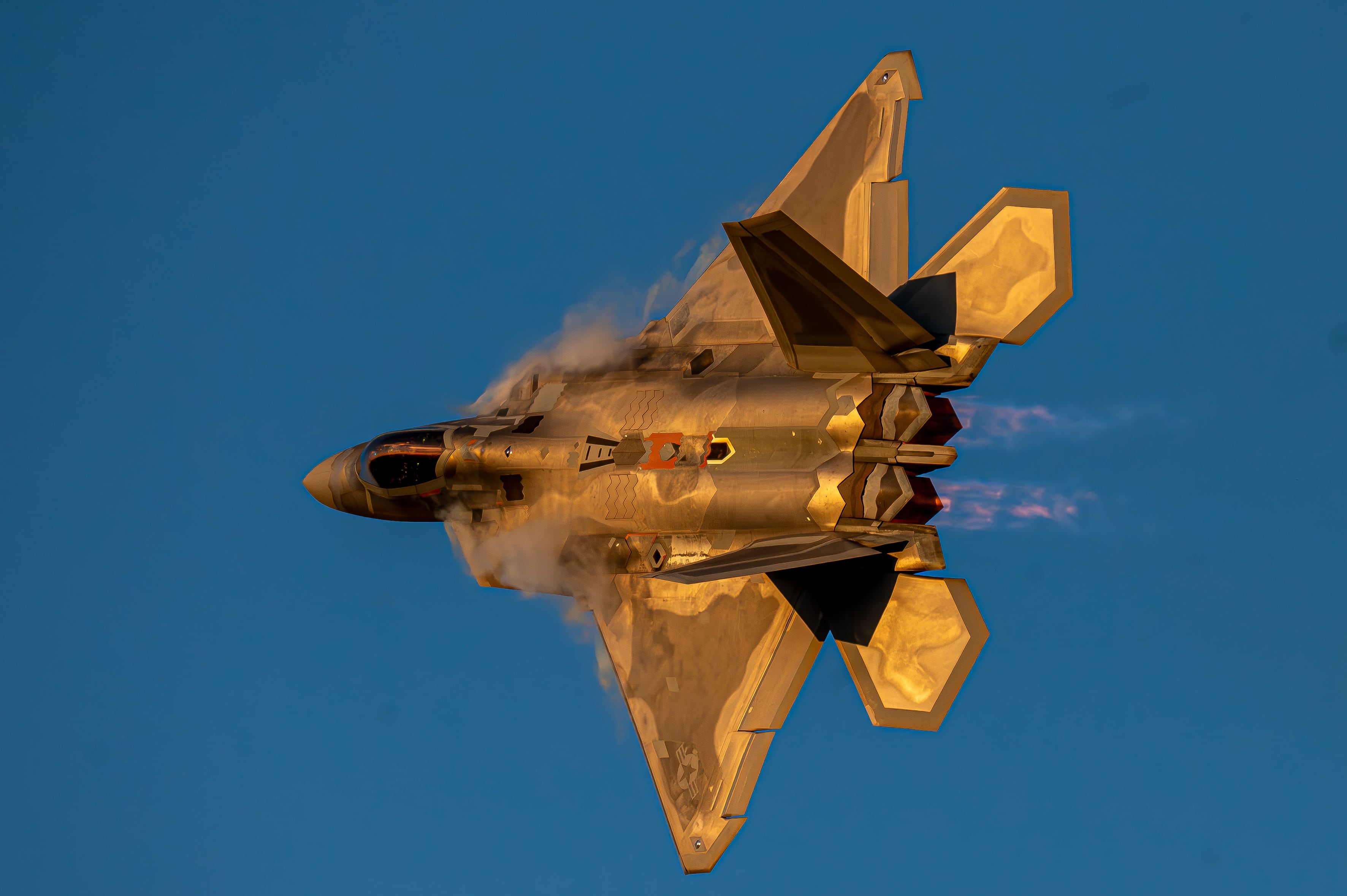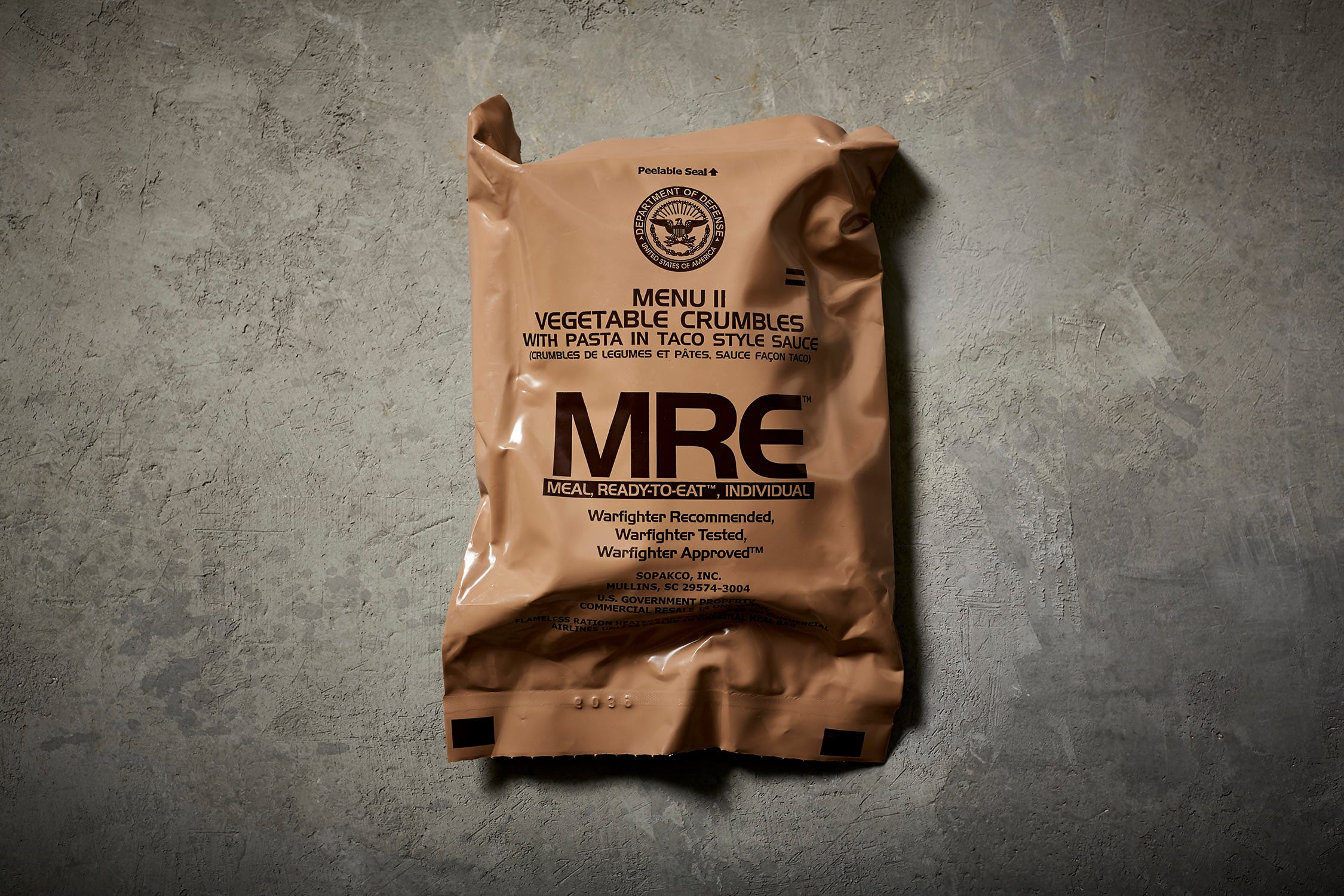Rudyard Kipling once wrote, “A fool lies here who tried to hustle the East.”
And although he was writing of India, the phrase seems prophetic of director Ric Roman Waugh’s “Kandahar,” a film that, by the end, yields no shortage of fools laid bare under the desert sun. The problem, however, is that it would be difficult for anyone without an advanced degree in international relations to understand exactly how they all got there.
“Kandahar” stars Gerard Butler (“300,” “Plane”) as Tom Harris, an MI-6 agent on loan to the CIA. Viewers will be forgiven, after watching the film’s trailer, for believing this to be a spy movie with a timely Afghan translator twist — in fact, that is not at all the case.
Mapping out the plot lines of the film’s whirlwind of events would make the conspiracy board in the “Charlie Work” episode of “It’s Always Sunny in Philadelphia” look almost sane.
The premise: After destroying an Iranian nuclear plant, Harris sets off on a final mission alongside a former translator named Mo (Navid Negahban), which he has just days to complete in order to make it home in time for his daughter’s high school graduation.
Along the way, a Pentagon leaker reveals his identity to a British journalist, who is then kidnapped by the Iranians. Despite the success of Harris’ Iran mission, the CIA thinks the men should be neutralized.
Meanwhile, Pakistani and Indian double agent Kahil (Ali Fazal) seeks to nab the pair so the Pakistani Inter-Services Intelligence (ISI) can auction Harris off to the highest bidder. Kahil, who pursues them by motorcycle, sees the men as his ticket away from the desert.
“Just because of the lay of the land, you’re stuck,” Fazal told Military Times. “You’re stuck in the middle of all these mercenaries and human life has become almost entirely inconsequential.”
Pursued from all angles, Harris and Mo must get to Kandahar for a final chance at an extraction. But before they can, the pair are captured by the Taliban.
A CIA handler (Travis Fimmel) sets out to rescue them, so he hires Afghan commandos to pose as ISIS and attack the base. This prompts the Taliban to call Kahil to bring in ISI reinforcements against what they believe are ISIS forces.
Convoluted? Yes. But while the film’s weakest point is that it’s rather hard to follow, it is also perhaps what makes the story most authentic. Middle Eastern geopolitics are complex, and the West’s attempts to simplify the region’s conflicts while ignoring its many shades of grey have caused the resurgence of the popular “graveyard of empires” trope.
And although “Kandahar” feels a bit like Tom Clancy meets a desert-based “Fast and the Furious,” there remains plenty of warranted reflection about the way greed has torn apart the region. Even those who do good seemingly do it for themselves. Those who have been exiled to the barren desert all want to go home — though many of them, like Harris and Mo, can hardly remember what that means.
“We’ve chosen a very sensitive geographical location for this to pan out,” Fazal said. “I really hope that people see that in the madness, we’ve lost the sensitivity to human life, the value of life.”
“Kandahar” hits theaters on May 26.
Sarah Sicard is a Senior Editor with Military Times. She previously served as the Digitial Editor of Military Times and the Army Times Editor. Other work can be found at National Defense Magazine, Task & Purpose, and Defense News.
In Other News















